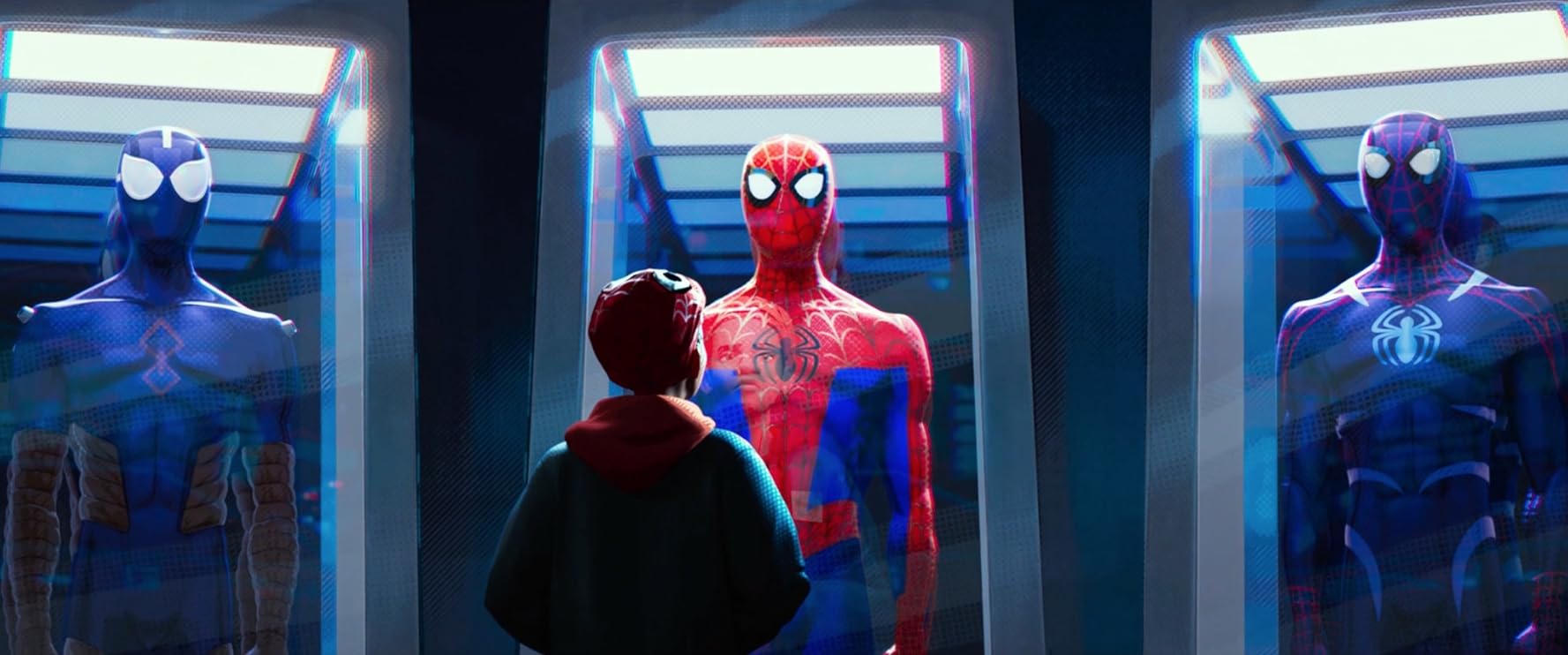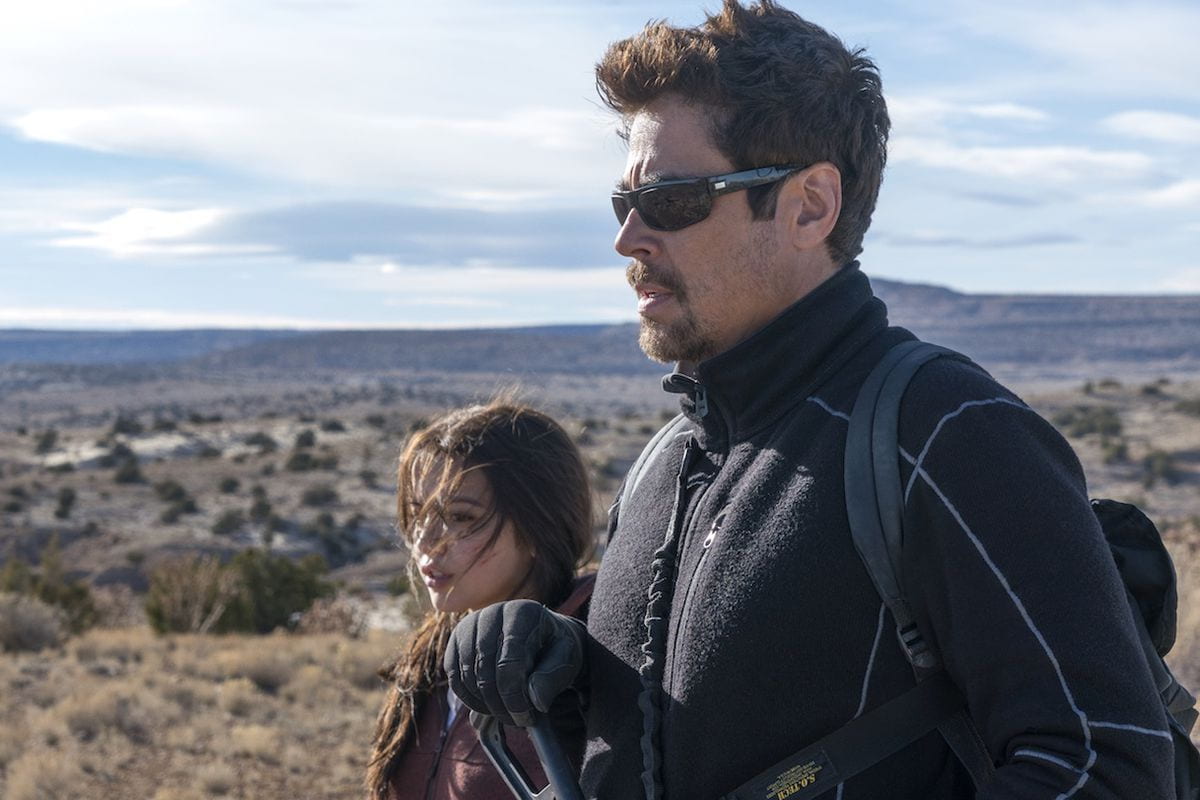To quote Greg’s Letterboxd review: “The best superhero film in years…came from Sony.” Spider-Man: Into the Spider-Verse is the breath of fresh air that both the superhero genre and blockbuster animation truly needed. Fresh, funny, and inventive, the movie proves its central thesis by virtue of its own quality: that every great endeavor is just a leap of faith.
The film honors its comic-book roots with an animation style that blends 3D animation with 2D elements like cell-shading, motion lines, and onomatopoetic onscreen text. The animation is truly engaging and impressive, and it looks unlike anything I’ve seen in a mainstream animated feature film, and it is my great hope that future animated flicks take a hint from its inevitable success that audiences want to see diverse animation styles rather than the expected Pixar/Dreamworks style. I would not be surprised if it is nominated for Best Animated Feature this Oscars Season.

Even more engaging than the animation, however, is the story itself. The film follows Miles Morales (Shameik Moore) as he grapples with family, identity, and controlling the new powers he finds himself with after being bitten by a radioactive spider. He soon discovers he is not alone when Wilson Fisk a.k.a. “Kingpin” (Liev Schrieber) activates a device that brings together multiple alternate realities and brings five other “Spider-People” into Miles’ reality. Together with Spider-Man (Jake Johnson), Spider-Gwen (Hailee Steinfeld), Spider-Noir (Nicolas Cage), Spider-Ham (John Mulaney), and Peni Parker a.k.a. “SP//dr” (Kimiko Glenn), Miles must find a way to return the Spider-People to their own dimensions before their bodies decay and stop Kingpin’s device from destroying the city.
The movie is lighthearted and very funny and doesn’t take itself too seriously. Despite its admittedly off-the-beaten-path plot, it is easy to follow without being simplistic and will be appealing to comic book fans and casual viewers alike. It is a good solution to the plethora of Spider-Man movies in recent years (seven since 2002) and feels completely new despite acknowledging its many predecessors.

The film is, above all, a story of inclusivity and acceptance. Its central messages are of the importance of friends and family, and the belief that anyone can “wear the mask.” In a post-Nolan world of largely serious superhero movies, the way Spider-Man: Into the Spider-Verse balances admittedly dark themes and tragic moments with a reckless optimism and belief in what people who care about one another can accomplish together is heartening. It is exactly the kind of film we are desperately in need of right now.
Score: 4.75/5



